Telecoms
From telco data wars, to 5G, Techpoint Africa brings you the latest update on connectivity, telecom companies, Internet service providers, Internet infrastructure among others.
Top stories
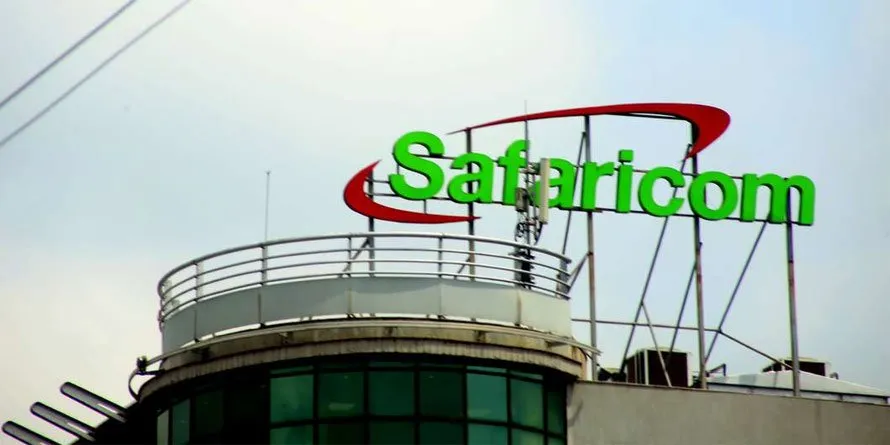
Safaricom is making a strategic move to secure submarine cable landing rights with increasing competition from satellite Internet providers like Starlink.

PAIX Data Centres, a pan-African data centre operator, has announced a new facility in Dakar, Senegal, to bolster Africa’s digital ecosystem.
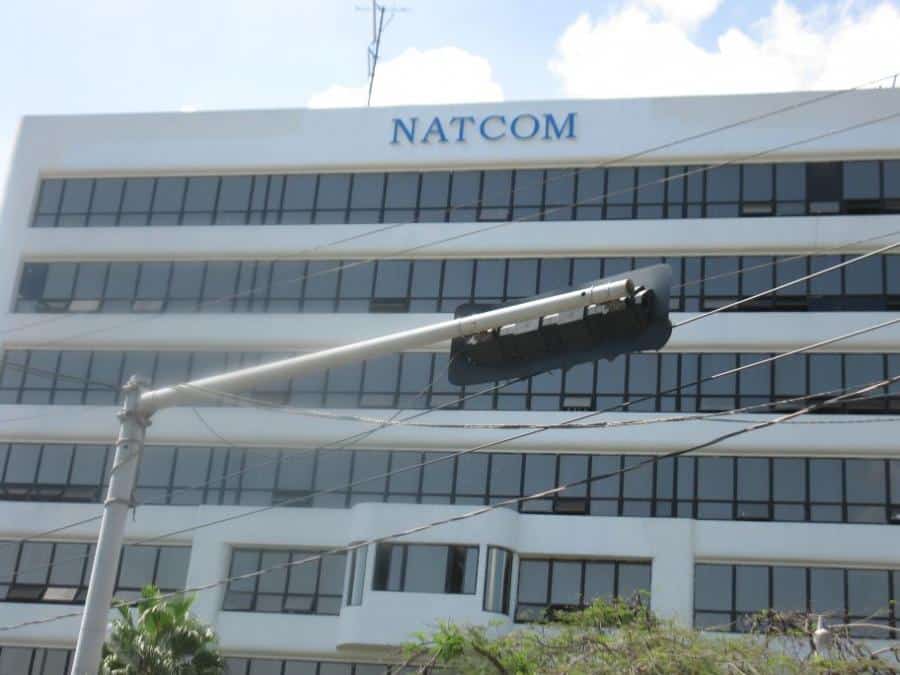
The National Association of Telecommunications Subscribers (NATCOMS) has opted out of the Nigeria Labour Congress (NLC)’s planned protest against the recent 50% increase in telecom tariffs approved by the Nigerian Communications Commission (NCC).

The recent 50% tariff hike cannot guarantee the survival of some Nigerian telcos. But experts believe B2B services, such as data centres, are a revenue source telcos need to start embracing if they want to survive.

In the wake of the approval of the 50% hike in telecom services, Nigeria’s consumer protection commission has urged operators to ensure that services are on par with the increased costs.

MTN Nigeria has secured a 10-year renewal of its 800MHz spectrum license from the NCC, reinforcing its market leadership despite recent challenges, coming alongside the recent approval of a 50% tariff increase for operators.

Ahmad Farroukh, appointed as CEO of Nigerian telco Globacom in October 2024, has resigned after just one month in the role.

Starlink, the satellite Internet service by Elon Musk’s SpaceX, has officially launched in Cape Verde. This development introduces new options for consumers, particularly concerning access and affordability.

Chinese tech giant Huawei has bolstered its presence in Africa by launching a local cloud service in Nigeria, a move that highlights its ambitions to lead the continent’s digital transformation.

**Excerpt:** MTN has launched Benin’s first commercial 5G network, paving the way for economic transformation and intensified telecom competition, while boosting connectivity for businesses and consumers.
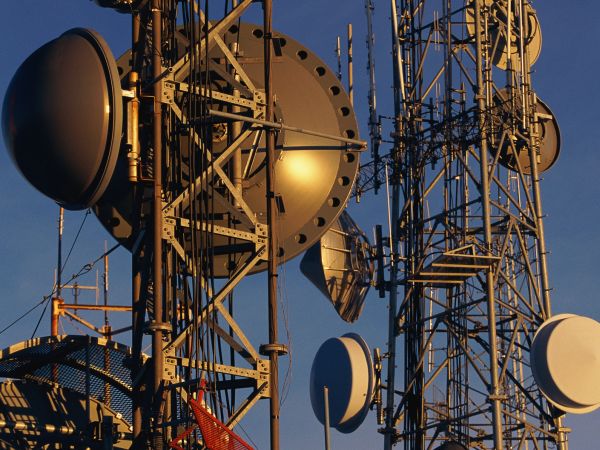
Ghana and The Gambia has partnered to launch a free roaming initiative, removing extra charges for calls, texts, and data. This step will strengthen West African connectivity and boost economic integration.
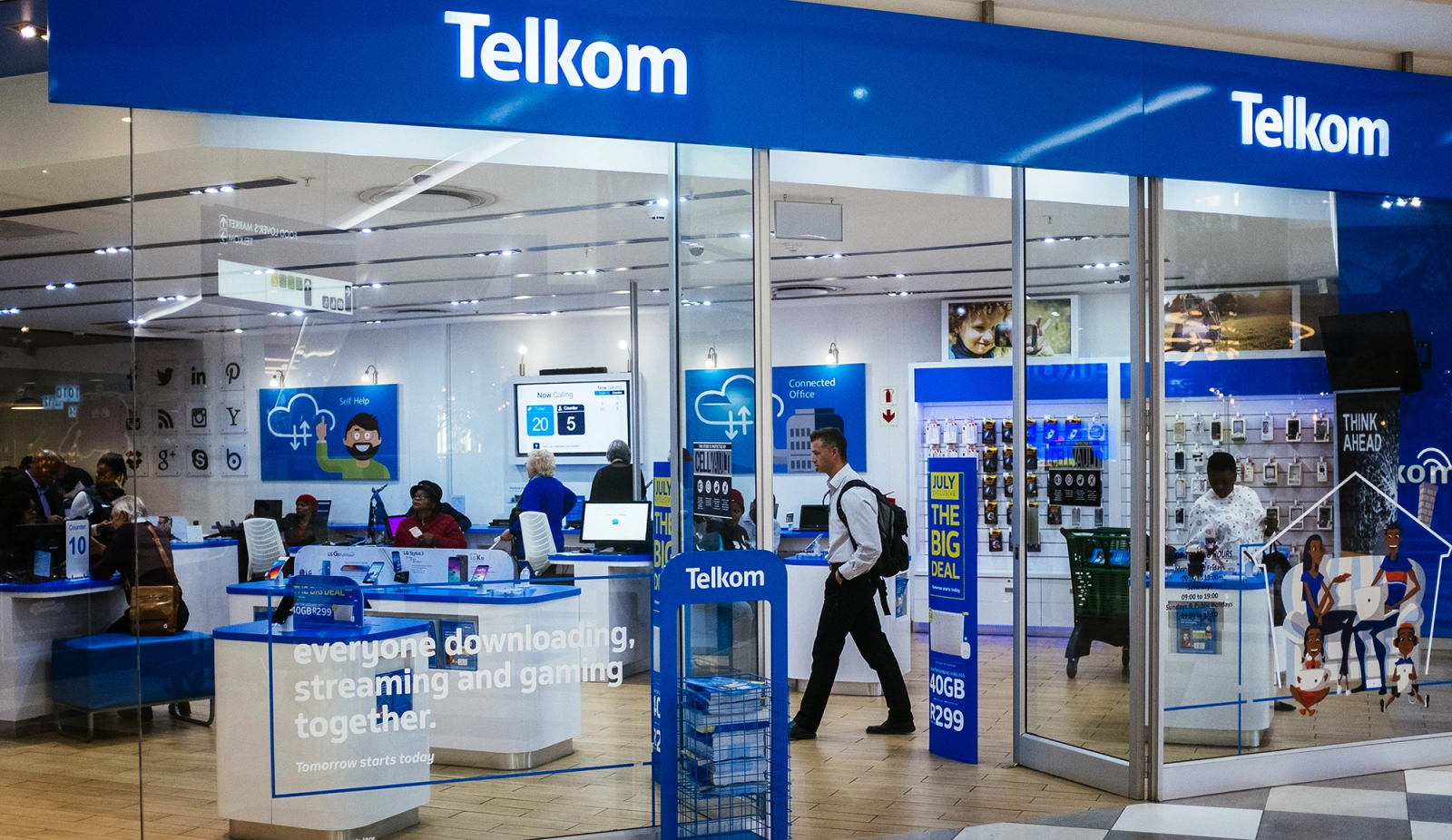
Telkom’s decision to retain Openserve marks a strategic shift, prioritising long-term growth in South Africa’s telecom sector. This move could drive revenue from rising broadband demand while reinforcing Telkom’s network infrastructure.

Cameroon Telecommunications (Camtel), the state-owned telecom operator, has announced plans to launch mobile financial services by 2025 to challenge established players like Orange and MTN in the country’s burgeoning fintech sector.

Chad has approved the licensing of Elon Musk’s satellite internet provider, Starlink, in a move to enhance digital connectivity. This development aims to address the country’s low internet penetration and bridge the digital divide, particularly in remote areas.

Funke Opeke resigns from MainOne, paving the way for Equinix’s strategic expansion in Africa. MainOne’s robust infrastructure and Equinix’s expertise aim to boost digital access across West Africa.

MTN Nigeria’s Q3 shows data and fintech growth, but currency losses and inflation drive a ₦514.9B after-tax loss, highlighting the impact of Nigeria’s volatile economy.

MTN Nigeria has reported a 0.9% decrease in total subscribers to 77 million and a loss after tax of ₦514.9 billion for the nine months ending September 30, 2024. In Q4 2024, MTN aims to prioritise the recovery of its subscriber base and tariff adjustments.

Egyptian regulators are creating a digital platform to enhance telecom user complaint resolution. Currently, users can submit complaints to their providers or, if unresolved, through the NTRA’s contact centre, website, WhatsApp, and the MyNTRA app.

Globacom reportedly will appoint Ahmad Farroukh, a former CEO of MTN Nigeria, as its new chief executive. The change would mark the first time for Globacom, as Mike Adenuga has led the company since its launch in August 2003.
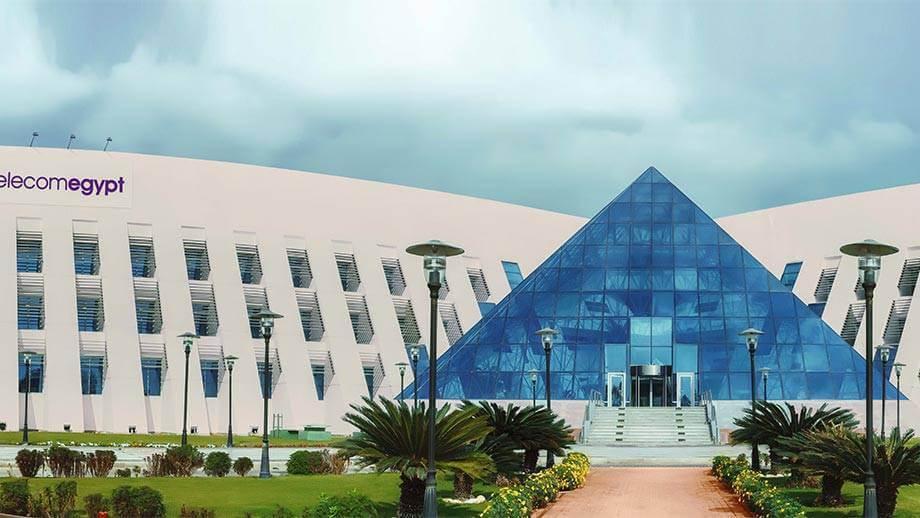
Telecom Egypt has secured a $370 million syndicated loan to increase its financial flexibility and cash inflows. In May 2024, it signed an agreement to receive a $200 million medium-term loan to renew existing short-term facilities.
